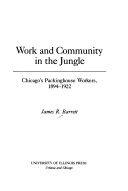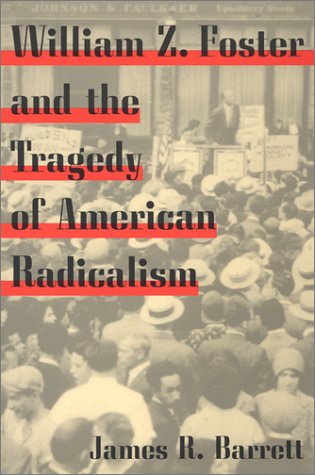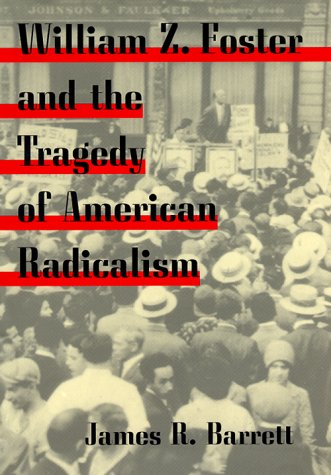The Working Class in American History
3 total works
Chicago's packinghouse workers were not the hopeless creatures depicted by Upton Sinclair in "The Jungle, " but active agents in the early twentieth century transformation that swept urban industrial America. In his case study of Chicago's Union Stockyards, Barrett focuses on the workers - older skilled immigrants, new immigrant common laborers, migrant blacks, and young women workers - and the surrounding neighborhoods. The lives and communities of these workers accurately convey the experience of mass-production work, the quality of working-class life, the process of class formation and fragmentation, and the changing character of class relations. Because Packingtown's struggle for existence was linked directly to the character of work and employment in the industry, unionization played an important role in the lives of these workers. Although unionization was associated with both improving the quality of life and creating a viable community, workers were divided by race, ethnic identity, and skill. "Work and Community in the Jungle" discusses a wide range of social, economic, and cultural factors that resulted in class cohesion and fragmentation. Addressing the broader problem of relations between capital and labor, Barrett demonstrates the effects of government intervention on labor organization, negotiation, and conflict. Shop-floor workers banded together to develop new strategies and forms of organization in their struggle with management for control. Barrett employs contemporary social surveys and a computer-assisted analysis of census data to illustrate the physical and social characteristics of the workers' environment. He analyzes this data in the context of the relationships between community, ethnicity, family, work experience, and industrial characteristics. "
William Z. Foster and the Tragedy of American Radicalism
by James R. Barrett
Published 16 October 2001
In this trenchant work, James Barrett traces the political journey of a leading worker radical whose life and experiences encapsulate radicalism's rise and fall in the United States.
A self-educated wage earner raised in the slums of a large industrial city, William Z. Foster became a brilliant union organizer who helped build the American Federation of Labor and, later, radical Trade Union Educational League. Embracing socialism, syndicalism, and communism in turn, Foster rose through the ranks of the American Communist Party to stand at the forefront of labor politics throughout the 1920s. Yet by the time he died in 1961, in a Moscow hospital far from the meat-packing plants and steel mills where he had built his reputation, Foster's political marginalism stood as a symbol for the isolation of American labor radicalism in the postwar era.
Integrating both the indigenous and the international factors that determined the fate of American communism, William Z. Foster and the Tragedy of American Radicalism provides a new understanding of the basis for radicalism among twentieth-century American workers.
A self-educated wage earner raised in the slums of a large industrial city, William Z. Foster became a brilliant union organizer who helped build the American Federation of Labor and, later, radical Trade Union Educational League. Embracing socialism, syndicalism, and communism in turn, Foster rose through the ranks of the American Communist Party to stand at the forefront of labor politics throughout the 1920s. Yet by the time he died in 1961, in a Moscow hospital far from the meat-packing plants and steel mills where he had built his reputation, Foster's political marginalism stood as a symbol for the isolation of American labor radicalism in the postwar era.
Integrating both the indigenous and the international factors that determined the fate of American communism, William Z. Foster and the Tragedy of American Radicalism provides a new understanding of the basis for radicalism among twentieth-century American workers.
In this trenchant work, James Barrett traces the political journey of a leading worker radical whose life and experiences encapsulate radicalism's rise and fall in the United States. A self-educated wage earner raised in the slums of a large industrial city, William Z. Foster became a brilliant union organizer who helped build the American Federation of Labor and, later, radical Trade Union Educational League. Embracing socialism, syndicalism, and communism in turn, Foster rose through the ranks of the American Communist Party to stand at the forefront of labor politics throughout the 1920s. Yet by the time he died in 1961, in a Moscow hospital far from the meat-packing plants and steel mills where he had built his reputation, Foster's political marginalism stood as a symbol for the isolation of American labor radicalism in the postwar era. Integrating both the indigenous and the international factors that determined the fate of American communism, "William Z. Foster and the Tragedy of American Radicalism" provides a new understanding of the basis for radicalism among twentieth-century American workers.


